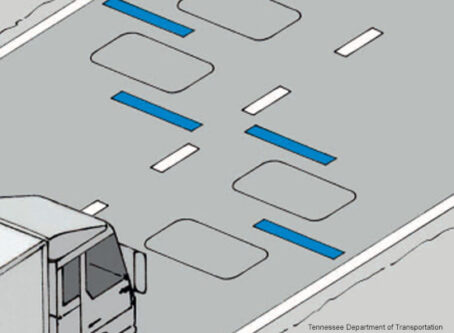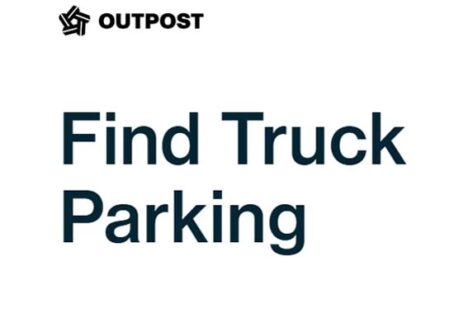Minneapolis council punts truck parking ban back to committee
A controversial proposal to ban all truck parking in Minneapolis is going back to the drawing board after the full city council discussed the ordinance.
On July 2, the Minneapolis City Council considered proposed ordinance 2019-00855, which completely eliminates truck parking within city boundaries. On June 23, the city’s Transportation and Public Works Committee voted to recommend the ordinance to the full council.
During the council meeting, Councilmember Jamal Osman submitted an amendment to 2019-00855. Osman’s amendment asks the city to direct the following in regards to truck parking:
- Minneapolis Community Planning & Economic Development staff to work with all interested parties to develop commercial truck parking in the city of Minneapolis. Outreach should be made with commercial property owners, institutions, and railroad companies to find potential sites for parking. While parking lots are not a use that is representative of the adopted Minneapolis 2040 plan, the need for this use is important enough that staff should endeavor to develop as many parking spots is as feasible in the city.
- Intergovernmental Relations Department staff to reinvigorate regional efforts at finding legislative and operating solutions for commercial truck parking in the Minneapolis-St Paul metropolitan area.
- Staff to deliver a report to the city council in the fourth quarter of 2022 detailing the development of parking opportunities, the first year’s experience with education and enforcement, and the results of regional intergovernmental efforts to find regional solutions to truck parking.
“As we discussed in the past and I commented, all the truck stops and all the truck parking that you see in our community, it’s not a truck stop,” Osman said. “It’s a residence. It’s a family that lives here in the community.”
The amendment went well with other council members.
Minneapolis Council Vice President Andrea Jenkins, who strongly supported the initial ordinance, enthusiastically endorsed Osman’s changes, going as far as requesting to be listed as a co-author.
“It is really important that we find or hope to find opportunities for these small business owners to be able to continue to operate in our city,” Jenkins said. “That has been our intent from the very beginning of this entire process. I think this helps to bring that to the forefront and engages (the Community Planning & Economic Development) and our entire team in this work moving forward.”
Councilmember Phillipe Cunningham, who also supported the original ordinance, commented on how complex this legislation became. What seemed like an easy decision to solve truck parking issues turned into a crash course about the trucking industry.
“This is definitely a really eye-opening, learning experience about the nuance of an industry I did not know I was going to learn so much about while being a council member,” Cunningham said.
Like Jenkins, Cunningham requested to be listed as a co-author for the amendment.
However, there were several concerns about the clarity of the three directives. Unable to address those concerns, the council voted 10-3 to send the ordinance and amendment back to the Minneapolis Transportation and Public Works Committee. The committee will smooth out Osman’s amendment and send it back to the council after all concerns are addressed.
As written, the amendment suggests that the city is directed to build more parking spaces. However, the intent is to find solutions to the truck parking problem, not necessarily a mandate to build more spaces.
If the ordinance and amendment are passed, the Minneapolis trucking parking ban would likely stay in place but with the addition of finding solutions for truckers. LL









